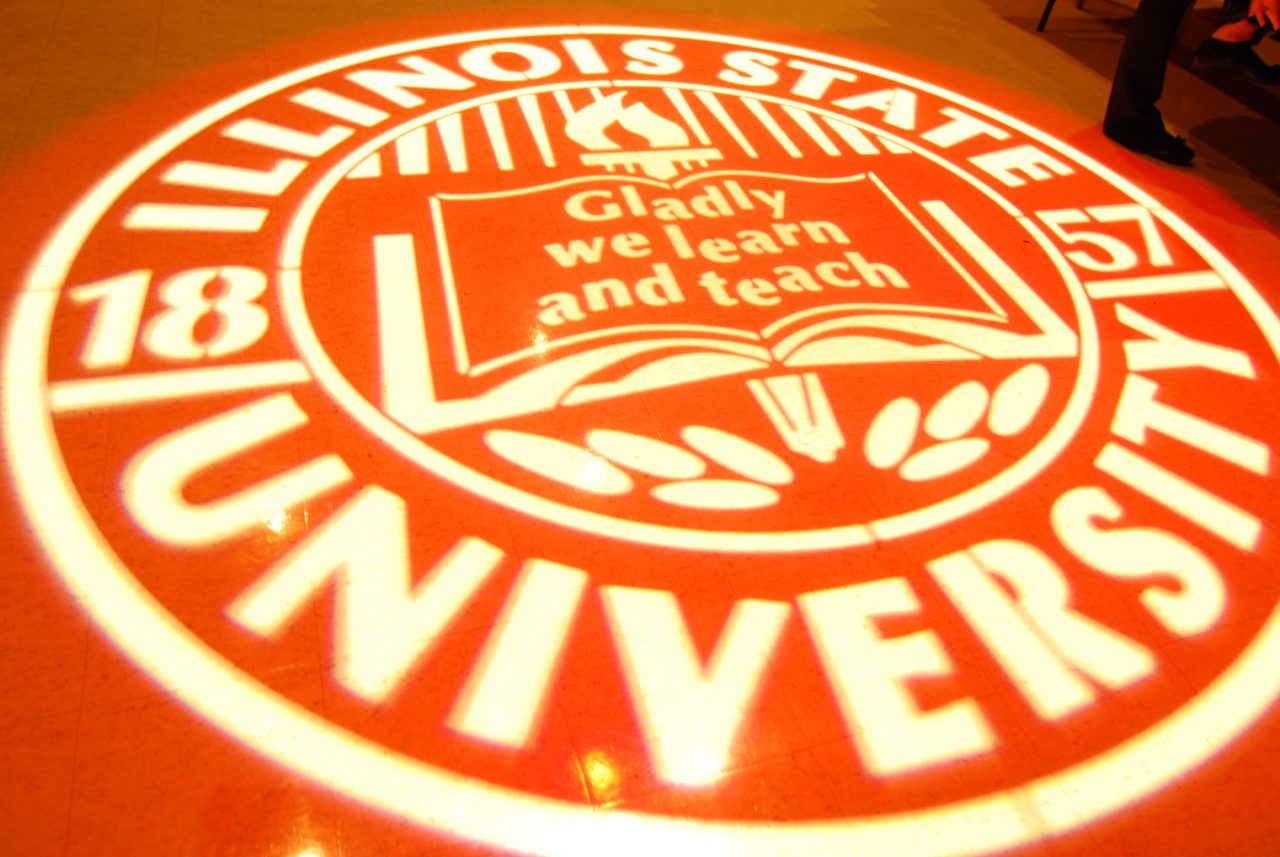Café Soul: The Essence of YOU! will host its second annual program at 7:30 p.m. on Wednesday, Oct. 27, in the Bone Student Center Prairie Room. A creation of Diversity Advocacy’s Coordinator Angela Davenport, the program gives students the opportunity to express themselves through the spoken word in poetry or song.
Davenport said she wanted to celebrate the intersecting identities of Illinois State University students. The poetry recitation focuses on culture, race, ethnicity, gender, sexual orientation, ability and/or socio-economic status. Davenport said she wanted Café Soul to connect with faculty and academia, exposing students to new ways of thinking while supporting writing and celebrating the arts.
This year’s Café Soul: The Essence of YOU! will feature the Black Took Collective’s Live Feed from the Black Unconscious. The Black Took Collective was co-founded by Duriel E. Harris, assistant professor of English at Illinois State, and poets Dawn Lundy Martin and Ronaldo V. Wilson, in 1999 at Cave Canem, a retreat for African American poets. Illinois State students will also perform poetic expressions at the program.
Black Took Collective performs together several times a year. In 2010, they performed at Hallwalls Contemporary Arts Center in Buffalo, N.Y.; at the Post_Moot Convocation at Miami of Ohio University; and as part of the Dixon Place 19th Annual Hot Festival in New York, N.Y. “Now we’re excited to be coming to Illinois State University,” the Collective said.
Black Took Collective performs and writes in hybrid experimental forms, embracing radical poetics and cutting-edge theories about race, gender and sexuality. Their Live Feed is a multimedia performance exploring the Black Took Collective’s interrogations of black unconscious. Using written and aural language, sound and images, the Collective will enact poetries of inquiry that engage the imagination and raise consciousness.
“As discussed by many speakers during the recent Creativity Symposium celebrating the 40th anniversary of the Illinois State University College of Fine Arts, collaboration is tremendously stimulating and contributes greatly to innovation,” Harris said. “Writing and performing with Black Took Collective enriches my arts practice by heightening my creativity. Engaging other members’ individual work and our work together challenges me to try new things with sound, speech and embodiment, and to think more visually—to experiment in the attempt to expand the borders and reaches of my poems. And, since much of our collaboration in performance is improvisational, our interactions on stage ‘up the ante.’ Improvisation demands full artistic presence: you have to bring the keenness of focused attention and openness to possibility because the composition is engendered through performance. Improvising with BTC helps me take my work to the next level.”
In their “Call for Dissonance” published in Fence Magazine, the co-founders write that the Black Took Collective was established to challenge how people think about representational forms of black identity and the poetics that they engender. The group said they wanted to move beyond normative aesthetic possibilities and break down assumptions about race.
Black Took Collective records their work/play through performance and documentation in the spirit of conceptual black artists such as Torkwase Dyson, William Pope.L and Adrian Piper. In their performances, the Collective works against the usual assumptions of stanza, lyric and pattern that attempt to keep poets in a predictable line with conventional poetry and, by extension, conventional meaning, offering alternative structures that emerge with alternative fields of meaning.
“Experiencing our work, audiences are encouraged to question and interrogate experience, representation, pleasure and agency among other things, to think critically about things we often accept at face value,” Harris said. “Through our work, I hope that audiences are inspired to experiment and explore, to re-envision Black poetry and poetry in general in actuality and potential.”
“Our challenge is to invite others into the dungeon of our discontent, which is also the pleasure in our hearts,” Black Took Collective members write. “We invite poetry (in whatever form you imagine) by other black writers that explores dissonance, disharmony and noise.”

